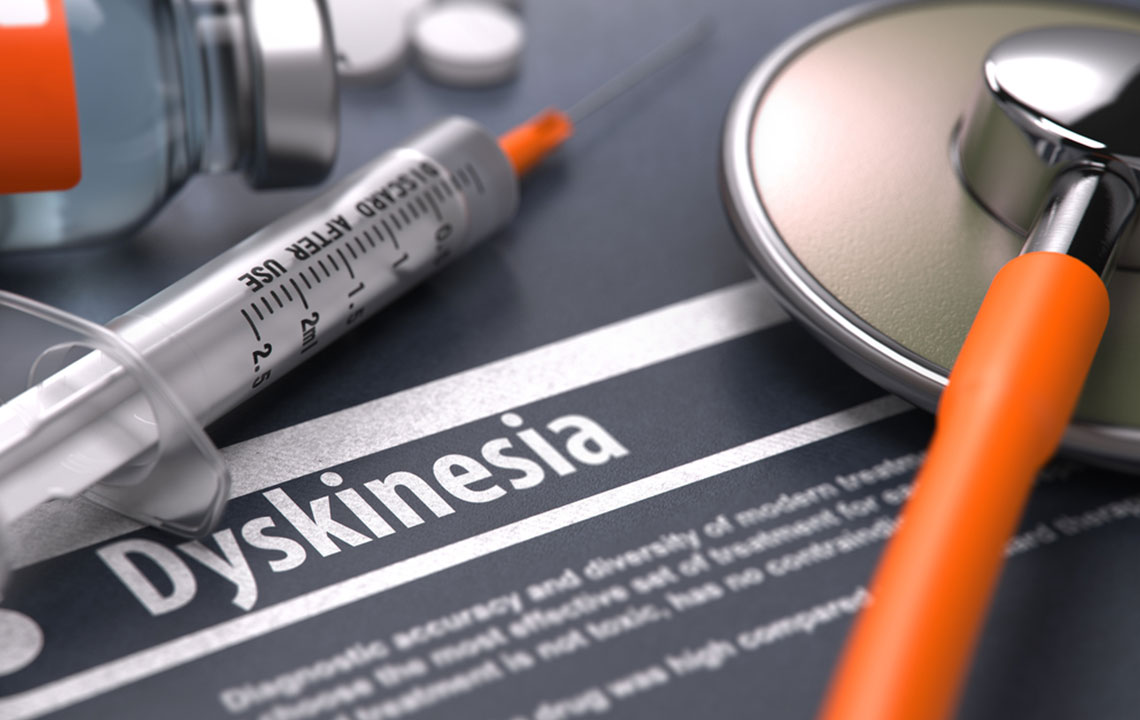Understanding Common Sexual Health Disorders: Symptoms, Causes, and Prevention
This comprehensive guide explores common sexual health disorders, including symptoms, causes, and prevention strategies. It emphasizes the importance of regular screening, early detection, and safe practices to maintain sexual health and prevent serious health issues. Understanding these infections helps individuals take proactive steps to safeguard their well-being and reduce transmission risks.

Understanding Common Sexual Health Disorders: Symptoms, Causes, and Prevention
Sexual health is a vital component of overall well-being, and maintaining it requires awareness of common disorders, their symptoms, causes, and how to prevent them. Sexually transmitted infections (STIs) and other sexual health issues are widespread and can affect anyone engaging in intimate contact. They are often caused by bacteria, viruses, or parasites that enter the body through semen, blood, or other bodily fluids. Importantly, some infections can also be transmitted through non-sexual means, such as blood transfusions or sharing contaminated needles. This comprehensive guide aims to provide a detailed understanding of prevalent sexual health disorders, their recognizable signs, and essential preventive measures. The goal is to empower individuals with knowledge to seek timely medical advice and adopt safer practices, thereby reducing the risk of complications and safeguarding sexual health.
Sexually transmitted infections can present with a diverse range of signs and symptoms. While some people may experience obvious symptoms, others remain asymptomatic, making regular screening vital for early detection and treatment. Recognizing these signs early can prevent serious health complications and reduce transmission risk.
Below is an expanded overview of several common sexual health disorders, their symptoms, causes, and risk factors.
Chlamydia
Chlamydia is a bacterial infection that primarily affects the genital tract and urinary system. It often affects young adults and teenagers. Symptoms typically develop weeks after exposure and can include a burning sensation during urination, lower abdominal pain, abnormal penile or vaginal discharge, pain during sex, and testicular discomfort in men. However, many people remain asymptomatic, underscoring the importance of routine screening. If left untreated, chlamydia can cause serious health issues like pelvic inflammatory disease (PID) in women, which can result in infertility and chronic pelvic pain.
Gonorrhea
This bacterial infection impacts various parts of the body, including the genitals, rectum, and throat. Symptoms may not appear immediately but tend to manifest within a few days to weeks. Common signs include thick, yellowish or bloody vaginal or penile discharge, a burning feeling while urinating, swelling or pain in the testes, and anal itching or discomfort. Gonorrhea can lead to more severe conditions such as PID, infertility, and increased vulnerability to HIV if untreated. Proper antibiotic treatment and early diagnosis are crucial for effective management.
Trichomoniasis
Caused by a single-celled protozoan parasite called Trichomonas vaginalis, this infection often causes no symptoms initially but can develop noticeable signs within a month. Symptoms include abnormal vaginal discharge that may appear white, yellow, or green, a strong odor emanating from the vagina, itching, irritation, and pain during sexual activity and urination. Men may experience penile irritation or discharge, though they may remain asymptomatic. If untreated, trichomoniasis increases the risk of other STIs and can contribute to pregnancy complications in women.
HIV/AIDS
Human Immunodeficiency Virus (HIV) is a serious viral infection that impairs the immune system, leading to Acquired Immunodeficiency Syndrome (AIDS). Early HIV infection may not produce noticeable symptoms, making testing crucial for detection. As the infection progresses, symptoms such as fever, persistent headache, sore throat, swollen lymph nodes, and skin rashes may appear. Advanced stages can involve weight loss, chronic diarrhea, respiratory issues, fatigue, and opportunistic infections. Managing HIV requires antiretroviral therapy (ART) to suppress the virus and prevent progression to AIDS. Preventive strategies include safe sex practices, regular testing, and avoiding the sharing of needles.
Causes of Sexual Health Disorders
Sexual health problems are caused by a variety of pathogens and conditions. Viruses such as Human Papillomavirus (HPV), HIV, and herpes simplex virus (HSV) are common viral causes. Bacterial agents include gonorrhea, chlamydia, and syphilis. Parasites like Trichomonas vaginalis are also involved. Some infections, such as hepatitis A, B, and C, can be transmitted through other routes, including contaminated food, water, or blood. Lifestyle factors, including unprotected sex, multiple sexual partners, and sharing needles, significantly increase risks. It is essential to understand that many sexual health disorders are asymptomatic initially, emphasizing the importance of routine testing and early diagnosis for effective treatment and prevention.
Risk Factors and Prevention
Several factors heighten the risk of acquiring sexual health infections. Engaging in unprotected sex is the most significant risk factor, especially with multiple partners. A history of previous STIs also increases susceptibility to new infections. Sharing contaminated needles during drug use or unsafe blood transfusions further amplifies risk. Due to the often asymptomatic nature of many infections, regular screening and testing are critical components of sexual health maintenance. Consistent condom use, mutual monogamy with an uninfected partner, vaccination (such as HPV and hepatitis B vaccines), and practicing safe needle management are vital preventive strategies. Educating oneself about sexual health, maintaining open communication with partners, and seeking timely medical advice can significantly reduce the incidence and impact of these infections.





